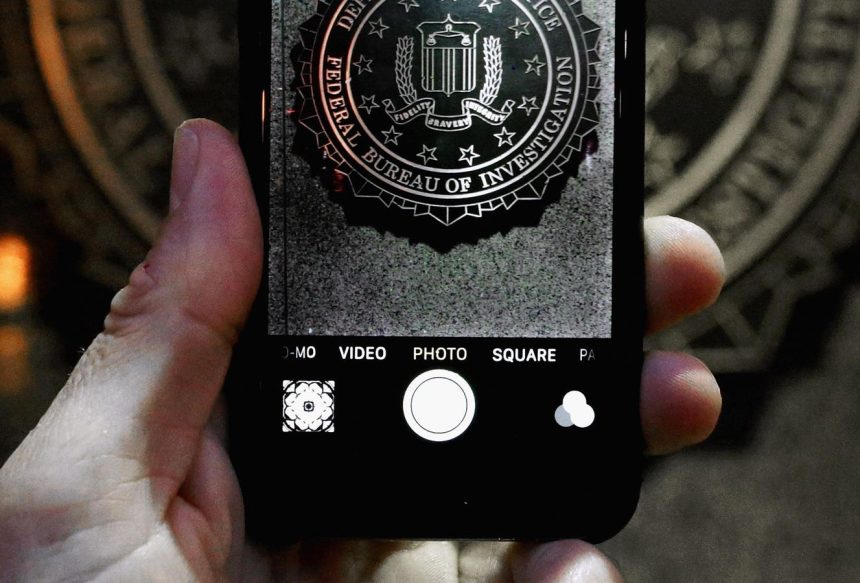The recent revelation of Salt Typhoon’s infiltration of U.S. networks, a hacking group linked to the Chinese Ministry of State Security, has sparked a flurry of concern and confusion among smartphone users. The group’s ability to harvest call and message metadata, and even content in some cases, has prompted the FBI to issue warnings advising users to abandon insecure SMS/RCS messaging in favor of encrypted platforms. This advisory, while seemingly straightforward, has ignited a debate about the security of various messaging platforms, particularly Apple’s iMessage and its interplay with SMS and RCS within the iPhone’s Messages app. The core issue lies in the vulnerability of SMS and RCS to interception, pushing users towards encrypted alternatives like WhatsApp and Signal.
Apple’s iMessage has often been touted for its end-to-end encryption, providing a secure channel for communication between Apple users. However, the integration of SMS and RCS within the same Messages app creates a potential security loophole. While iMessage prioritizes secure communication through its blue bubble system, the reliance on SMS (green bubble) when iMessage is unavailable, or when communicating with Android users, exposes users to potential data breaches. This duality within Apple’s messaging system, where encryption is conditional, is now at the heart of the security concerns highlighted by the FBI’s warning. The situation is further complicated by the fact that iMessage is the default and only SMS client available on iPhones, a point of contention in the Department of Justice’s recent report on Apple’s “walled garden” ecosystem.
The FBI’s warning, primarily directed at U.S. citizens, is particularly relevant given the iPhone’s market dominance in the United States. News outlets have framed the issue as a security risk specifically for iPhone users texting Android users, further emphasizing the vulnerabilities inherent in cross-platform communication relying on SMS. This focus on the U.S. market stems from the higher iPhone adoption rates compared to Android, particularly among younger demographics and higher income brackets. The prevalence of iMessage usage within this market segment makes them a prime target for exploits targeting SMS vulnerabilities, hence the FBI’s targeted warning.
The complexity of Apple’s messaging system further contributes to the confusion. While the Messages app intelligently selects the most secure available protocol – prioritizing iMessage, then RCS, and finally falling back to SMS – the automatic reversion to SMS when other options are unavailable creates a security gap. Although users can disable the automatic fallback to SMS in settings, this only prevents the fallback within iMessage conversations with other Apple users. It doesn’t disable SMS altogether, nor does it prevent fallback to SMS when messaging Android users. Therefore, the fundamental problem is not iMessage itself, but the continued reliance on the insecure SMS protocol as a fallback mechanism, especially in cross-platform communication.
The crux of the issue and the ultimate solution, according to security experts and publications like Android Central, lies in moving away from the default Messages app altogether. The recommendation is to adopt dedicated encrypted messaging platforms like WhatsApp or Signal. These apps offer consistent end-to-end encryption, regardless of the recipient’s platform or data connection status, eliminating the vulnerabilities associated with SMS and RCS fallbacks. This advice effectively sidesteps the complexities of Apple’s Messages app and provides a universally secure messaging solution. It also addresses the inherent limitations of RCS, which, even with improvements, remains less secure than dedicated encrypted platforms and can still revert to SMS under certain conditions.
The FBI’s public warning underscores a long-standing concern regarding the lack of interoperability and secure cross-platform messaging between Apple and Google’s ecosystems. Critics argue that both companies could have proactively addressed this issue through collaborative efforts, similar to their cooperation on COVID-19 contact tracing technology. Instead, the reliance on a patchwork of messaging protocols with varying security levels has persisted, leaving users vulnerable. The situation highlights the need for a more unified and secure messaging standard, rather than relying on individual companies’ proprietary solutions or a fragmented standard like RCS. The current landscape, with its dependence on SMS as a fallback, is deemed unsatisfactory and亟需根本性的改变. The focus should be on promoting platform-agnostic, end-to-end encrypted solutions as the default for all users, ensuring secure communication regardless of device or operating system.



